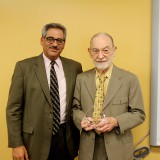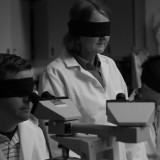Astronauts’ Mental Health Risks Tested in the Antarctic

Astronauts who spend extended time in space face stressors such as isolation, confinement, lack of privacy, altered light-dark cycles, monotony and separation from family. Interestingly, so do people who work at international research stations in Antarctica, where the extreme environment is characterized by numerous stressors that mirror those present during long-duration space exploration.
To better understand the psychological hurdles faced by astronauts, University of Houston professor of psychology Candice Alfano and her team developed the Mental Health Checklist (MHCL), a self-reporting instrument for detecting mental health changes in isolated, confined, extreme (ICE) environments. The team used the MHCL to study psychological changes at two Antarctic stations. The findings are published in Acta Astronautica.














